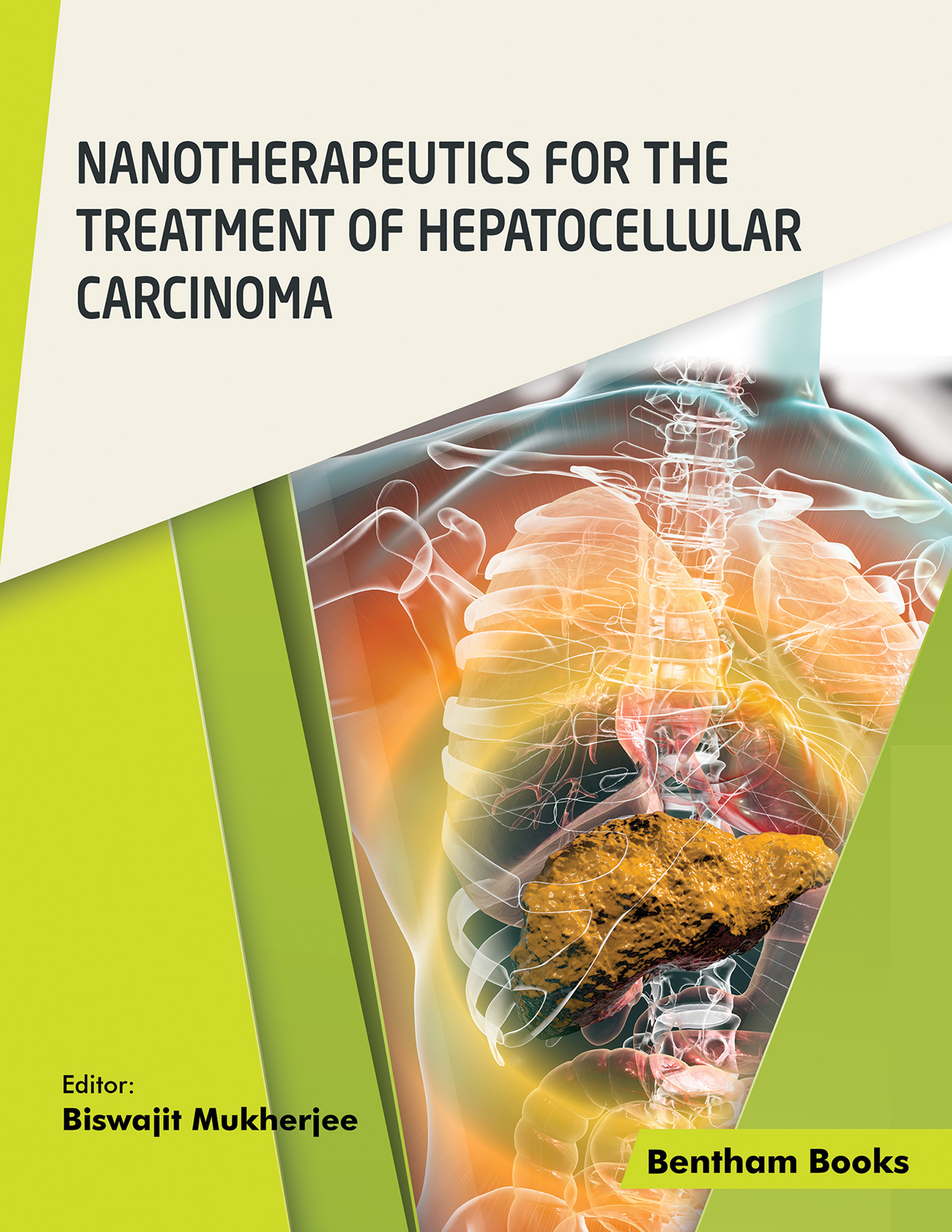Nanotherapeutics for the Treatment of Hepatocellular Carcinoma

- Authors: Kishor Mazumder1, Md. Emran Hossain2, Asma Aktar3
-
View Affiliations Hide Affiliations1 School of Biomedical Sciences, Charles Sturt University, Wagga Wagga, NSW 2650, Australia | Department of Pharmacy, Jashore University of Science and Technology, Jashore 7408,Bangladesh | School of Optometry and Vision Science, UNSW Medicine | University of New South Wales (UNSW), Sydney, NSW, Australia 2 Department of Pharmacy, Jashore University of Science and Technology, Jashore-7408,Bangladesh 3 Department of Pharmacy, Jashore University of Science and Technology, Jashore-7408,Bangladesh
- Source: Nanotherapeutics for the Treatment of Hepatocellular Carcinoma , pp 219-247
- Publication Date: March 2022
- Language: English
Currently, hepatocellular carcinoma (HCC) is the third leading cause of mortality among cancerous diseases. It is a primary type of liver cancer possessing unique features like solid malignant tumor type growth, leaky vasculature, and angiogenesis. The success of conventional treatment in the management of HCC is constrained due to unresponsiveness to particular approaches, drug resistance, systemic side effects, and recurrence of malignancy. The development of nanotherapeutics offers an impending key for overcoming these challenges. Nanotherapeutics utilizes nanosized or nanostructured materials to attain particular therapeutic and pharmacokinetic purposes. The diverse targeting strategies and site-specific drug release patterns of this approach enlighten the hope for effective management of HCC. Scientists have developed several nanomaterials like nanoparticles, nanogel, and liposomes to deliver chemotherapeutic agents specifically to HCC sites with improved efficacy, safety, and selectivity. Active targeting has remained most common and effective in HCC management among active, passive, and stimuli-responsive targeting strategies. Hopefully, some nanoformulations for HCC treatment have proved their promising effects in clinical trials. In this chapter, an attempt is made to illustrate the overview of HCC, the impact of nanotherapeutics, along with recent developments, suitability, and challenges of various nanotherapeutic approaches for HCC management.
-
From This Site
/content/books/9789815039740.chap5dcterms_subject,pub_keyword-contentType:Journal -contentType:Figure -contentType:Table -contentType:SupplementaryData105

